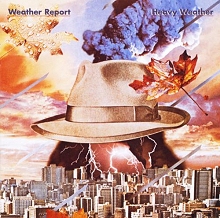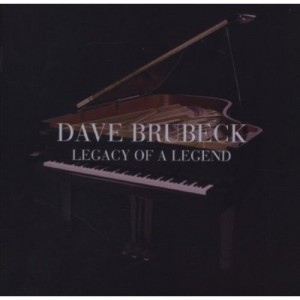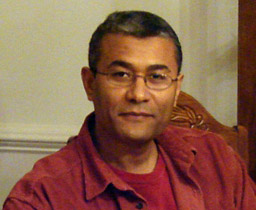
Emre Kartari
Diaa Bekheet | Washington, DC – Emre Kartari is a young jazz musician with a mission. He wants to musically bridge two cultures. The 35-year-old drummer feels there’s a shortage of information on Jazz in Turkey. He sought and got help from his music teachers in New York and Virginia, in the United States, to start teaching jazz at a Turkish university.
[audio:http://www.voanews.com/MediaAssets2/english/2011_03/English__Diaa_Jazz__03-08-11.mp3]With the support of the American Embassy in Ankara and Virginia Commonwealth University (VCU), Kartari invited his former jazz teachers to Turkey to join him in a special performance. He says it sounded like a dream.
The jazz group included an all star cast featuring: Saxophonist Skip Gailes, Rex Richardson on trumpet, pianist Bob Hallahan, guitarist Adam Larrabee, bassist Mike Richmond, percussionist Tim Collins, and drummer Howard Curtis.
Teacher, and former director of the jazz studies at VCU, Doug Richards, arranged the Turkish folk song “Ben seni sevdigimi dunyalara bildirdim” for the Hacettepe Ankara State Conservatory Orchestra, and Kanun soloist Ahmet Baran.
Kartari, who released three personal albums and working on a fourth CD, is adding orient-influenced beats and musical styles to jazz music, thus bridging the gap between the American and Turkish cultures.
For more on jazz music, listen to VOA’s Jazz America
Diaa Bekheet

 Diaa Bekheet | Washington, DC – Anytime I hear the word “
Diaa Bekheet | Washington, DC – Anytime I hear the word “ Hancock’s all-star remake of British singer John Lennon’s “Imagine” won a Grammy, beating megahits by superstars Lady Gaga and Beyonce for “Best Pop Collaboration With Vocals.”
Hancock’s all-star remake of British singer John Lennon’s “Imagine” won a Grammy, beating megahits by superstars Lady Gaga and Beyonce for “Best Pop Collaboration With Vocals.” Diaa Bekheet | Washington, DC – Music is not just a money-making business. It is a culture that brings back memories of past events. For example, every time
Diaa Bekheet | Washington, DC – Music is not just a money-making business. It is a culture that brings back memories of past events. For example, every time  Diaa Bekheet | Washington, DC – I hosted a jazz show on VOA for 10 years until mid-2001. During that time, I had so many requests from listeners in Morocco, Tunisia, Algeria, Libya, Egypt and Iraq to play “Take Five” by the
Diaa Bekheet | Washington, DC – I hosted a jazz show on VOA for 10 years until mid-2001. During that time, I had so many requests from listeners in Morocco, Tunisia, Algeria, Libya, Egypt and Iraq to play “Take Five” by the 


 Author Norman C. Weinstein so loved “A Night in Tunisia” that he wrote a book about the images of Africa. In “A Night in Tunisia: Imaginings of Africa in Jazz” (you can read
Author Norman C. Weinstein so loved “A Night in Tunisia” that he wrote a book about the images of Africa. In “A Night in Tunisia: Imaginings of Africa in Jazz” (you can read  Cairo native
Cairo native